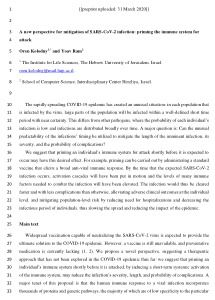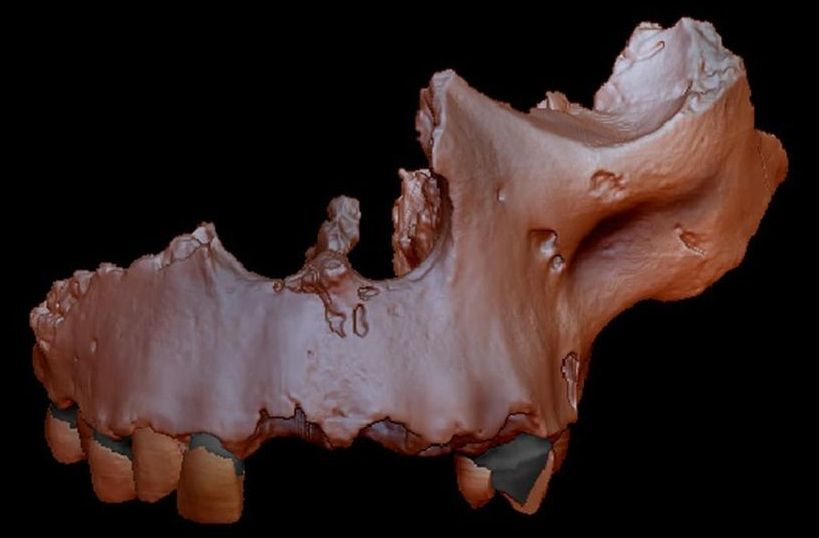I met with an accident in 1997.I suffered a spinal cord injury in that accident.3 months go I took stem cell therapy at Neurogen. In these 3 months I feel I have improved a lot more than before. My legs feel loose. My back also feels free. While walking my legs used to crossover each other, that has now reduced. All the muscles of my legs were very tight.
before now it has reduced. Climbing up and down the stairs is also easier than earlier.
I can also move my toes know. Earlier while walking my legs used to cross over each other, now that has reduced and I can walk much better. From lying down I can get up much easily and I can do it on my own now. Earlier I used to do bed rolling as an exercise which is much easier now. I get up from bed very easily now, back seems.
less tight and I can do the movements freely. I can roll, turn and crawl in the bed freely, than before. I can now shift forward and backward in the bed easily and on my own. Earlier while standing and walking the heel of my foot used to lift off the ground, now it touches the ground. I can balance myself on both legs now. I feel I have a good grip while walking, bearing more weight on both the legs. While climbing stairs I can lift my leg up on my own and climb. I can now stand on my own without any support. Earlier both these muscles were very tight Now they have become loose helping me Walk better.
Earlier I could not do this exercise at all But now I am able to lift my back easily
Improvement
Adductor spasticity has decreased.
Earlier he had a scissoring gait. Now
he is able to walk normally.
Hip control is better.
Trunk muscles have improved, so
getting from supine position is easy.
Intrinsic foot muscles has improved.




